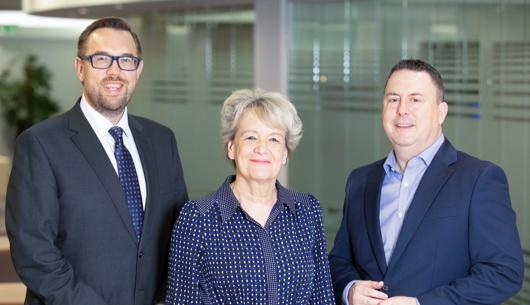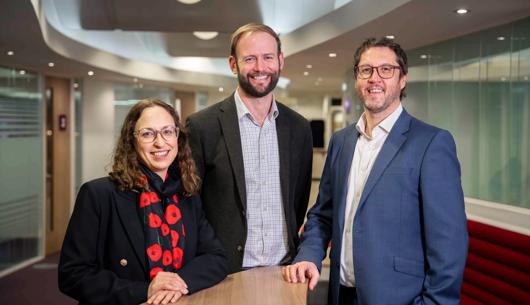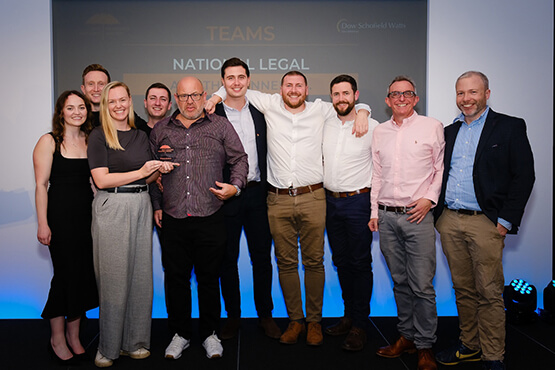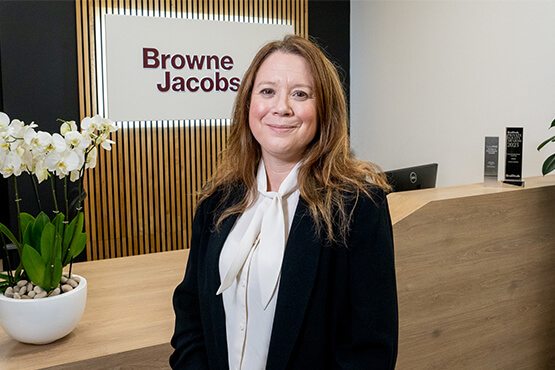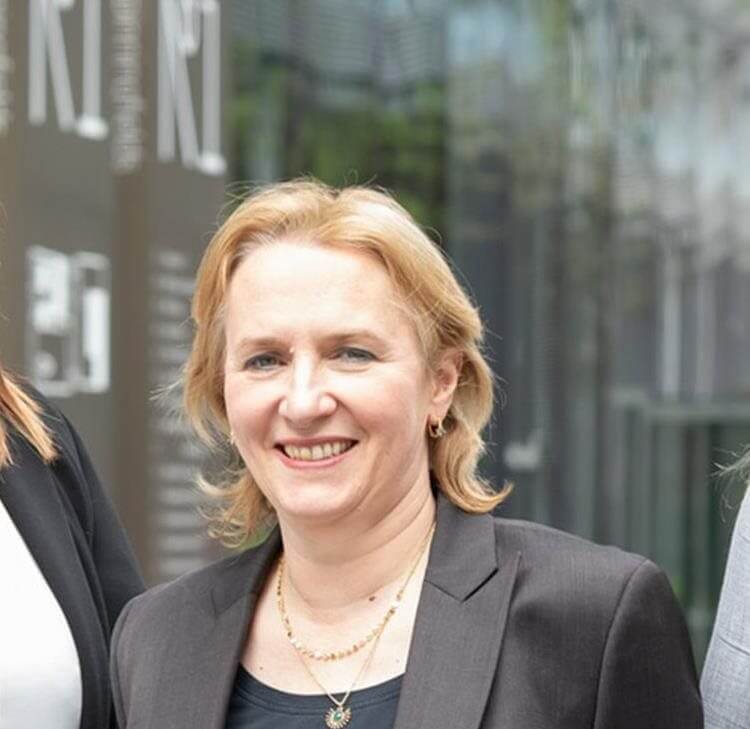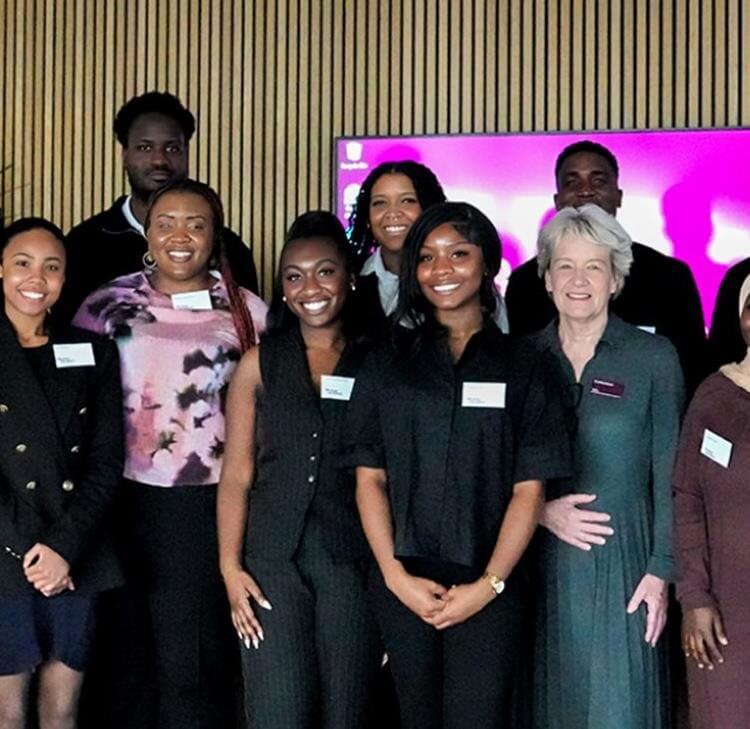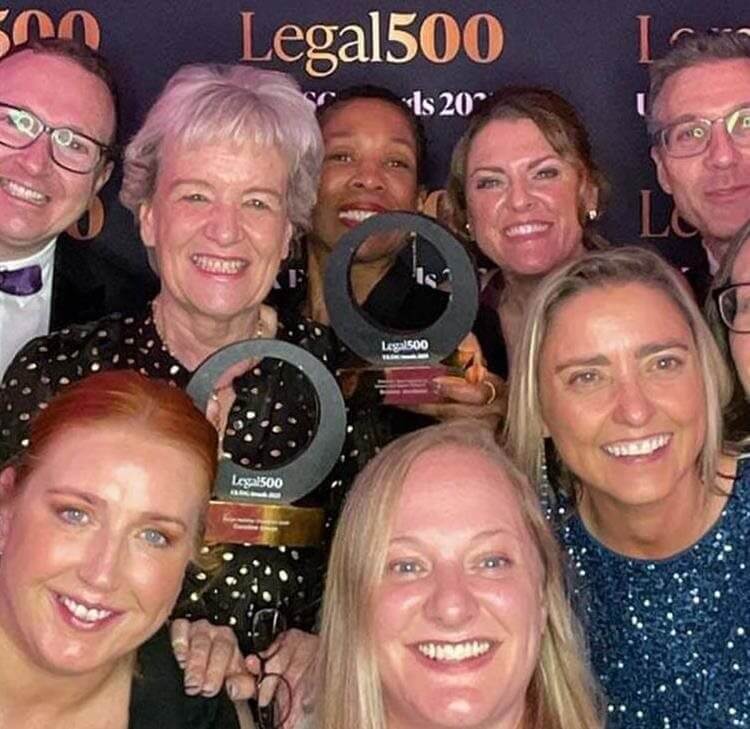This article was first published by Legal Futures.
Innovation is shaking up the legal sector, with traditional delivery methods sometimes being considered less favourable by clients.
The pandemic has accelerated this change by disrupting more traditional practices and by prompting more digital delivery solutions for training and advice. There is also an increase in demand from clients seeking transparent and efficient solutions for their resourcing needs, in-house secondments, and a general drive for efficiency to manage any losses during both this period and the future. We have also seen changing societal priorities such as the importance of work life balance shifting the value system of our clients, with many tenders now including socially responsible criteria such as diversity and inclusion and sustainability.
With this, firms are under pressure to solve complex problems, innovate and think differently. Neurodiverse employees often provide a unique skillset that complements this skills gap.
What is neurodiversity?
In the simplest of terms, neurodiversity refers to a different type of cognitive functioning. Everyone has different strengths and weaknesses but neurodivergent people have ‘spikey profiles’ meaning that they have differences when it comes to learning, thinking and behaving, that differs to the ‘neurotypical’ population.
Seeking out neurodiverse thinkers
With the increasing need for innovation, the legal sector needs fresh perspectives and natural entrepreneurs to deliver ‘outside of the box’ solutions. Neurodiverse minds often have skills that are sometimes lacking in businesses due to them recruiting from a traditional ‘mould’ that fit existing business structures and employee profiles. There is greater vibrancy and the resulting innovation from the mix of diverse perspectives, which can have an economic benefit to businesses.
For example, people with autism are often exceptionally creative, visual learners, who operate systematically and have a high level of concentration on areas of interest. Those with ADHD can hyper-focus, have spontaneous and non-sequential ideas, and approach matters with creativity and curiosity.
As someone with dyslexia and dyscalculia, I can problem solve, think visually, recognise and pick out trends with greater ease and I am emotionally aware. With that comes a degree of creative problem solving, analytical skills, emotional understanding, and empathy with others, which serves the work I do as a health and social care solicitor dealing with patients, their families and public sector bodies in the Court of Protection.
Moreover, when neurodivergent employees find roles that reward their strengths and are supportive of their differences with workplace accommodations, they are highly loyal to their employer.
Attracting neurodiverse employees
Neurodiverse individuals have been a largely untapped talent pool in the legal sector, with psychometric testing and the Law National Aptitude Test being some of the entry hurdles that do not play to their strengths.
To embrace this talent, there is a real need for adaption of traditional interview processes, which may focus on good verbal communication skills and operate within a rigid sphere of questioning that does not allow for neurodiverse individuals to fully demonstrate their capabilities.
Browne Jacobson has evolved into a very different firm than it even was a few years ago. During the height of the pandemic, we launched our FAIRE programme, with insight events offered to over 10,000 students with diversity factors including disability. In 2023, we committed to offering part-time training contracts. We were also the first law firm to partner with O Shaped Lawyer, which is about engaging with clients on a business level to assist them to achieve the objectives in their business. The firm also removed the need for applicants to achieve a 2:1 at university level and ABB at A-Level to apply for a training contract. This has had a noticeable impact on the number of neurodiverse individuals applying for roles.
Retaining neurodiverse employees
- Assess workplace needs: Perform a workplace needs assessment on entry to the firm and when there is a fundamental change in role or working environment.
- Workspace accommodations: Options to benefit those with sensory needs include offering a quieter space to work or noise cancelling headphones, removing the presence of food being eaten at desks and offering variety of seating including stand-up desks. Flexible working can also allow for more breaks to be taken.
- Workplace interactions: Allow for communication and support to be delivered in different ways e.g. with the support of a personal assistant to take on tasks that do not play to strengths or for instructions to be delivered either verbally or via email.
- Wider environment: Provide maps and video tours prior to employees attending new locations and offer breakout spaces at events to allow breaks from social and environmental stimuli.
- Celebrating neurodiversity: Develop a positive culture around neurodiversity with support networks and underpinning policies around reasonable adjustments. Browne Jacobson launched its Neurodiversity Network this year, on the back of its successful disability network. This year we ran Neurodiversity Awareness Training and a Courageous Conversation for families with neurodiverse children.
If you haven’t taken steps to consider this untapped talent pool, then there is a clear incentive to attract, recruit and retain neurodiverse individuals when it comes to looking at the dynamic future of legal services. These individuals are required to help solve complex business challenges and offer vital skills when it comes to creative service delivery and insightful legal advice.





